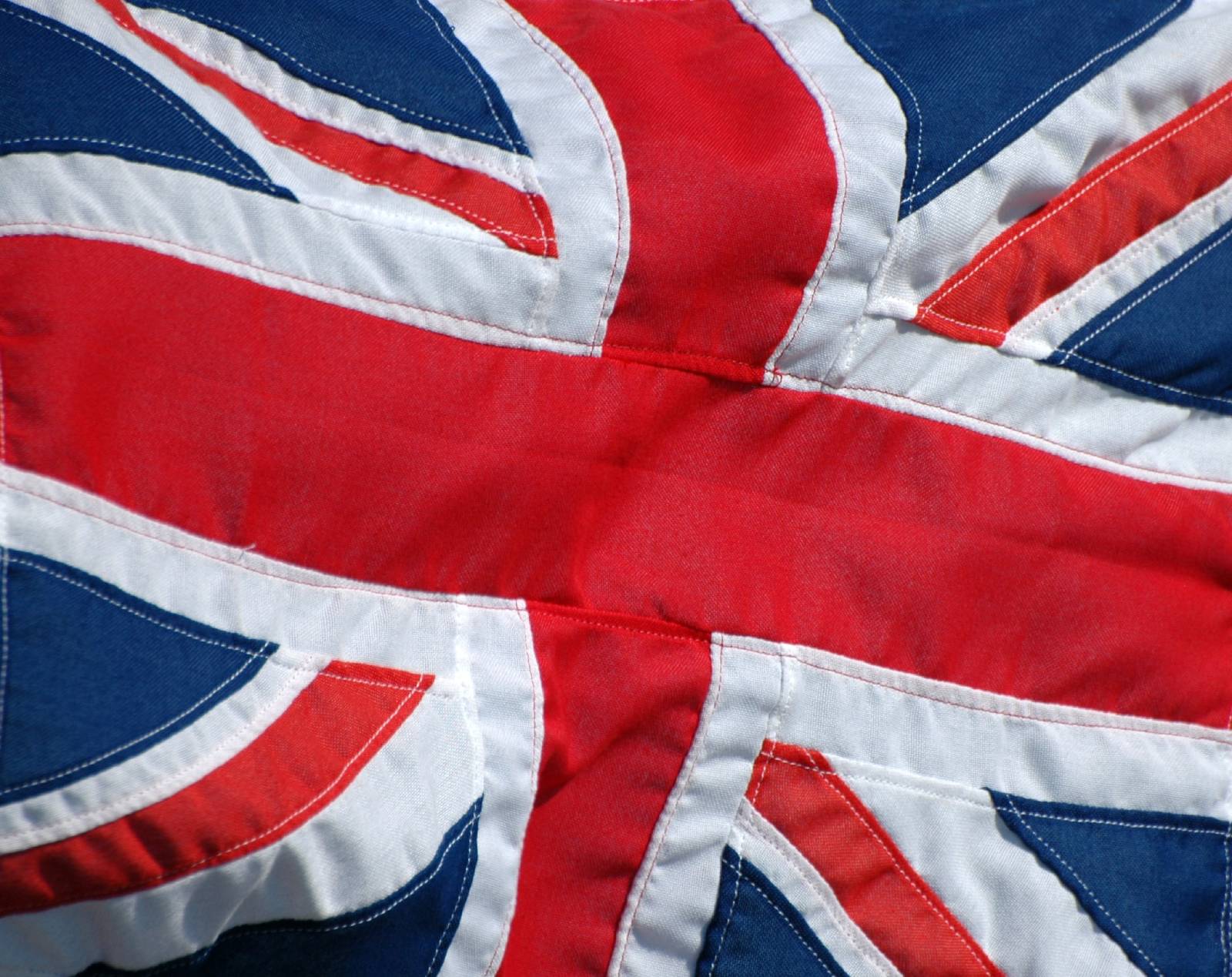The United Kingdom has a rich tapestry of holidays, many of which are celebrated in a uniquely British fashion. While holidays are universal in the sense that almost every country has them, the types, significance, and even the names can vary greatly. In the UK, holidays generally fall under a few categories: Bank Holidays, Public or National Holidays, Religious Holidays, and Cultural or Regional Holidays. In this blog, we’ll delve into each type, providing examples and discussing how these holidays differ from regular weekends.
Table of Contents
Bank Holidays
What Are They?
In the UK, Bank Holidays are public holidays on which banks and many other businesses are closed. These holidays were first introduced by the Bank Holidays Act of 1871, and they have been a staple of the British calendar ever since. While Scotland observes some different Bank Holidays than the rest of the UK, the principle remains the same.
Examples
- New Year’s Day (January 1)
- Good Friday (varies)
- Easter Monday (varies)
- Early May Bank Holiday (First Monday in May)
- Spring Bank Holiday (Last Monday in May)
- Summer Bank Holiday (Last Monday in August)
- Christmas Day (December 25)
- Boxing Day (December 26)
How Do They Differ From Regular Weekends?
The key difference is that most businesses, including banks, are closed on Bank Holidays. It’s a day for leisure activities and family time, and many people take advantage of the long weekend to go on a short holiday or visit relatives.
Public or National Holidays
What Are They?
While all Bank Holidays are public holidays, not all public holidays are Bank Holidays. Public or National Holidays usually have a broader cultural or historical significance.
Examples
- St. Andrew’s Day in Scotland (November 30)
- St. David’s Day in Wales (March 1)
- St. Patrick’s Day in Northern Ireland (March 17)
How Do They Differ From Regular Weekends?
Public holidays often involve ceremonies, parades, and other special events. They are opportunities for communal gatherings and are often steeped in history and tradition.
Religious Holidays
What Are They?
Religious holidays in the UK are observed according to the Christian calendar but also increasingly accommodate other religions.
Examples
- Easter (Christian)
- Diwali (Hindu)
- Eid al-Fitr and Eid al-Adha (Muslim)
- Hanukkah (Jewish)
How Do They Differ From Regular Weekends?
Religious holidays often involve special church services or other religious observances and rituals. Families may have traditional meals and customs unique to the holiday.
Cultural or Regional Holidays
What Are They?
These holidays celebrate the unique culture and history of specific regions within the UK.
Examples
- Burns Night in Scotland (January 25)
- St. George’s Day in England (April 23)
- Orangemen’s Day in Northern Ireland (July 12)
Local Customs
These holidays may involve local customs like traditional dances, songs, and foods. For instance, Burns Night involves reading Robert Burns’ poems and eating haggis, while St. George’s Day may involve parades featuring the St. George’s Cross.
Observances
Observances are days that are noted and celebrated but are not necessarily public holidays. For instance, Armed Forces Day and Remembrance Day are observed with ceremonies and events but are not public holidays.
In Conclusion
The UK’s varied holidays offer a fascinating glimpse into the nation’s diverse history, culture, and religious practices. While they all serve as breaks from the regular workweek, each has its unique way of differing from regular weekends, from the closure of businesses on Bank Holidays to the rich cultural and religious observances that define Public, Religious, and Cultural Holidays.
Whether you’re a local or a visitor, understanding these holidays can deepen your appreciation for the UK’s rich tapestry of traditions.





